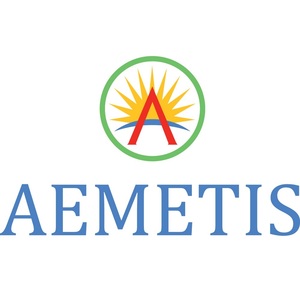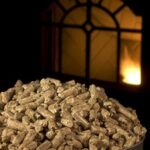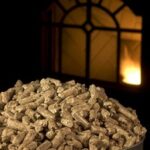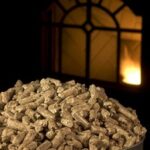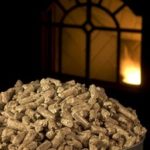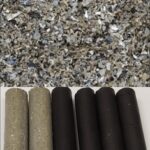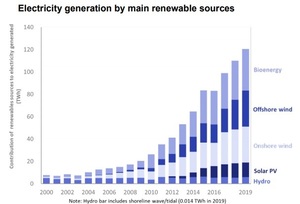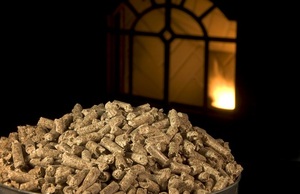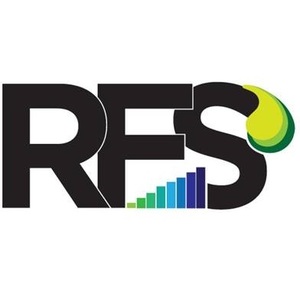DOE licenses second patent to Aemetis for waste wood feedstocks
Energy Disrupter
By Aemetis Inc. | May 26, 2021
ADVERTISEMENT
Aemetis Inc. announced May 26 the grant of a second patent for technology exclusively licensed to Aemetis that enables the production of low carbon intensity renewable fuels from waste wood feedstocks.
U.S. Patent No. 2018/0346938 “High Gravity, Fed-Batch Ionic Liquid Based Process for Deconstructing Biomass” protects the use of ionic liquids to extract sugars from a wide variety of waste biomass, including forest and orchard wood. This process is expected to provide up to a 90 percent reduction in feedstock cost and to increase the value of renewable fuels by significantly reducing carbon intensity.
“This recently patented ionic liquids technology was funded by the U.S. Department of Energy and the California Energy Commission during development by Sandia National Labs, the Joint Bioenergy Institute and Aemetis,” stated Goutham Vemuri, vice president of technology development at Aemetis. “The process enables waste wood to be used in two important ways as valuable feedstock: extracting sugar for conversion into cellulosic ethanol at our ethanol plant to generate an estimated $5 of revenue per gallon, and converting the remaining lignin into renewable hydrogen for the hydrotreatment of vegetable oils to produce low carbon intensity jet and diesel fuel.”
“Forest and orchard trees absorb CO2 along with solar energy and nutrients to grow,” stated Eric McAfee, chairman and CEO of Aemetis. “By using waste wood and other biomass, Aemetis is expanding the range of feedstocks that can be used in the production of high value renewable fuels that work with existing jet, diesel and flex-fuel engines,” McAfee noted.
The first Aemetis Carbon Zero production plant — “Carbon Zero 1” — is scheduled for construction at the 140-acre Riverbank Industrial Complex in Central California, a former Army ammunition production facility with 710,000 square feet of existing production buildings.
The Carbon Zero 1 renewable jet and diesel plant and energy efficiency upgrades to the Aemetis ethanol plant include funding and other support from the USDA, the US Forest Service, the California Energy Commission, the California Department of Food and Agriculture, and PG&E.

